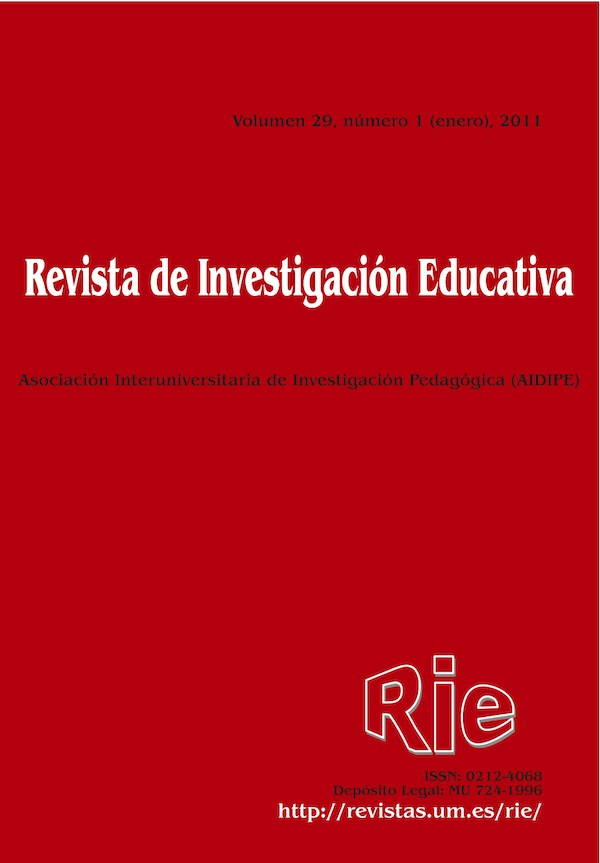Inference´s generation in a social context. An analysis of reading comprehension through verbal protocols and a summary oral task
Abstract
In recent years, the study of inferences has become so relevant that now is considered the core of the comprehension and interpretation of reality and, therefore, one of the cornerstones of human cognition. Given its importance in understanding processes, studies were initially focused on learning more about how they occur and what their features are, providing various taxonomies that address the number and type of inferences that take place in everyday situations. There are not, however, previous studies that analize other triggers to make inferences such as specific aims within a social context, or analyzed under the influence of a sociocultural theory. This work has three aims: analyzing the extent to which different inferential patterns are generated when the aim of the reading is telling a peer (symmetrical) or a child (asymmetric); to examine whether the type of text (narrative or expository) influences inference activation; and, thirdly, to assess whether this possible effect of reading aims (symmetrical and asymmetrical) occurs similarly on both types of tasks: using a verbal protocol and an oral summary task. Ten university students conformed the sample of this study and had to read two texts (one narrative and one expository). The results pointed out that when reading has a social and communicative purpose, as it is to have the reader explain the content of the text to an eight year old boy , there are more explanatory inferences, an accommodation with immediate language use, a greater number of paraphrases, as well as an addition of new ideas when they are asked to summarize the text. These results shed light on a subject that had never been previously researched: how communicative reading aims may have effects on the amount and type of inferences made during reading. Moreover, our purpose is also to show how certain educational implications arise from our study.Downloads
-
Abstract3697
-
PDF (Español (España))2478
The articles and scientific documents published in RIE abide the following conditions:
1. The Servicio de Publicaciones de la Universidad de Murcia (the publisher) has the property rights (copyright) of all the documents published and allows the reuse under the user’s license indicated in point 2.
2. All documents are published in the digital edition of RIE under a Creative Commons Reconocimiento-NoComercial-SinObraDerivada 4.0 Internacional. (legal document) license. These documents can be copied, used, distributed, communicated and explained publicly if: i) the author(s) and its original source of publishing (magazine, publisher and URL of the document) are cited; ii) it is not used for commercial purpose; iii) the existence and the specifications about this license are mentioned.
3. Auto-archive’s conditions. The authors are allowed and encouraged to digitally distribute the pre-print versions (a version before evaluation) and/or post-print (a version that it is already evaluated and accepted to its publication). This promotes circulation and distribution earlier and can increase the citations and significance within the academic community.










